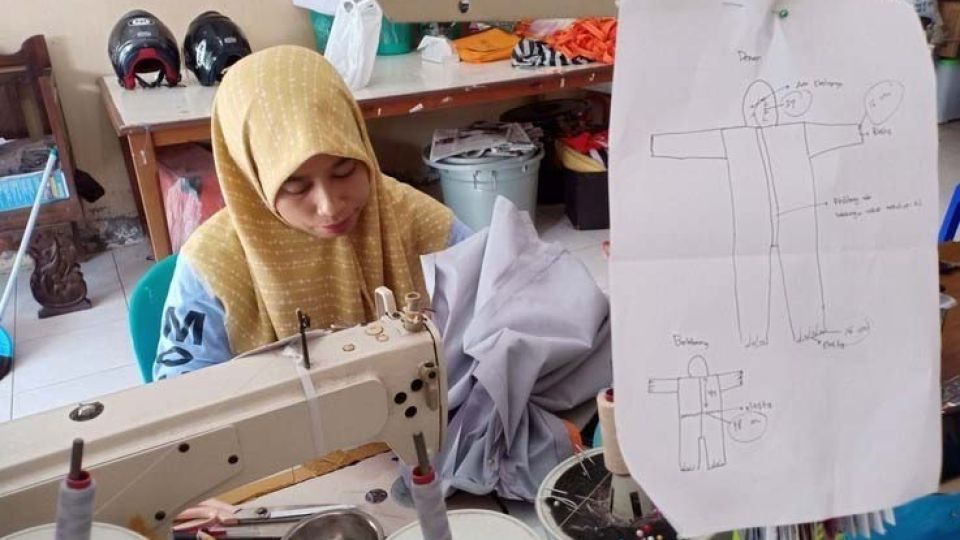(ANN/JAKARTA POST) – Indonesia has a more pronounced revenue disparity between small and large firms compared to other emerging markets like India, Mexico, the Philippines, and Turkey, according to a World Bank report. This gap has significant repercussions for the domestic economy.
The report highlights that large companies in Indonesia do not translate their revenue into employment as efficiently as those in other countries and are less effective in allocating capital resources. Specifically, in Indonesia’s manufacturing sector, the top five per cent of firms account for 90 per cent of revenue. This is a stark contrast to Turkey’s 20 per cent, Mexico’s 35 per cent, India’s 67 per cent, and the Philippines’ 75 per cent.
“This imbalance could hinder competition and innovation in Indonesia,” said Alexandre Hugo Laure, a senior private sector specialist at the World Bank. He spoke at an event in Jakarta where the World Bank released its latest report on Indonesia.
Laure noted that despite comprising 56 per cent of companies, small manufacturers in Indonesia produce only three per cent of total output and account for 11 pe rcent of full-time employment. These firms are also largely disconnected from international markets, with only two percent using imported inputs or supplies.
The World Bank report acknowledges that while a concentration of business activity among large firms can lower production costs and expand global reach, sales growth at large Indonesian firms does not lead to proportionate employment growth and is marked by inefficient capital allocation.

To address these issues, the World Bank suggests encouraging more interaction between small and large companies and between the formal and informal sectors. This could include incorporating smaller firms into larger firms’ supply chains and enhancing contract enforcement.
“The government should adopt a comprehensive approach to develop supplier quality, enhance technology transfers, and build resilience among smaller firms,” states the 2024 Indonesia Economic Prospects report.
Mohammad Faisal, Executive Director of the Center of Reform on Economics (CORE), indicated that the significant concentration of large firms points to oligopolies, allowing big companies to control prices and suppress smaller competitors, ultimately impacting consumers.
Deputy Investment Minister Riyatno mentioned that the government encourages collaboration between large and small firms through Investment Ministry Regulation No. 1 of 2022, which mandates companies in certain sectors to partner with SMEs via the Online Single Submission (OSS) platform.
“This regulation can foster more initiatives between large businesses and SMEs, creating inclusive growth,” Riyanto said at the World Bank event.
Industry Ministry Regulation No. 46/2022 also facilitates SMEs in obtaining the local content requirement (TKDN) certificate, enabling them to become suppliers on the government’s digital procurement platform.
Khaleed Hadi Pranowo, a director at the Semarang-based SME support organization Impala Network, noted that new regulations had aided some small businesses in collaborating with larger firms, although the implementation has been uneven across sectors and regions.
“Such partnerships are still centralised on the island of Java and are mostly driven by labor-intensive large firms focusing on corporate social responsibility,” Khaleed said.
He emphasised the need for more production activity collaboration to help small firms learn best practices from established businesses and highlighted the lack of coordination among various SME improvement initiatives by different ministries.
Andry Satrio Nugroho, head of the Industry, Trade, and Investment Center at the Institute for Development of Economics and Finance (INDEF), warned that regulations requiring larger firms to partner with SMEs must be closely monitored to prevent companies from creating subsidiaries to comply superficially.
“We need to ensure that big companies do not create new small firms just to meet the regulation requirements, bypassing the actual target of assisting existing SMEs,” Andry told The Jakarta Post.






